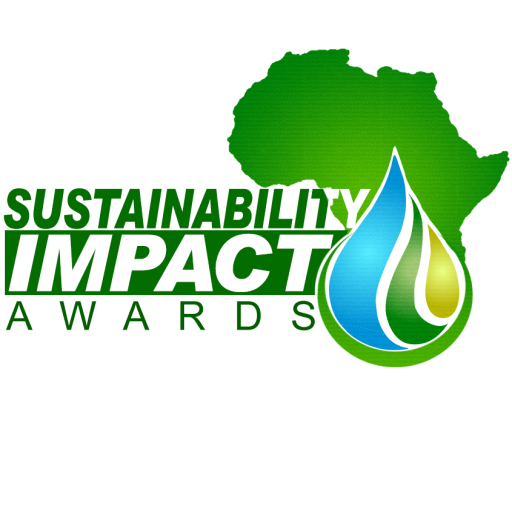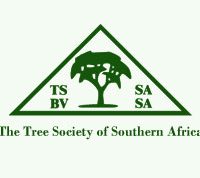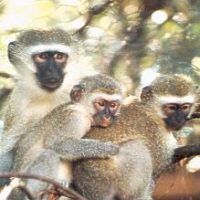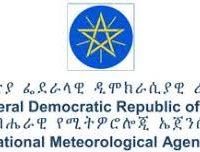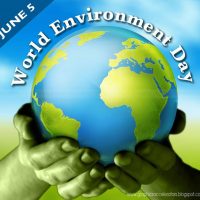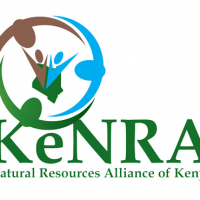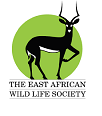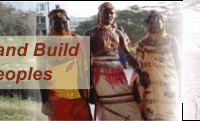Originally called the Field Study Centre (FSC) our work now goes far beyond field studies and research on the ecology of the lake. Whilst still supporting the Trust’s traditional role working with Kenya Wildlife Services to conserve biodiversity and protect habitats, the scope of the Centre’s work is now centered on several of the Sustainable Development Goals (SDGs) recently launched by UNEP (the United Nations Environment Programme).The increasing problems resulting from climate change, loss of biodiversity, forest destruction, inadequate waste disposal, food insecurity, and water shortages, are all contributing to yet more environmental degradation and, for some, reduced life expectancy. Kenya’s rapidly growing population is putting ever more pressure on its limited natural resources so CES is committed to thinking globally, but acting locally, not just saving wildlife and protecting forests, but planting trees, supporting sustainable agriculture, preventing pollution, cleaning up communities, encouraging recycling and providing renewable energy.
CES’s vision is to extend its programme to respond to the many emerging environmental challenges facing Kenya today. Last year about 15,000 students and teachers passed through the Centre and we are developing an expanding network linking schools, communities and partner organisations keeping them informed about our programmes and sharing our resources.Our new motto is Caring for the Earth and we aim to become recognised throughout Eastern Africa as a centre of education for sustainability which both improves the environment and benefits people, a centre of excellence contributing to Kenya Vision 2030.Ultimately Kenya’s unique wildlife and wild places will only survive if the population at large realises how important they are not just as a national, but as a world heritage. Ensuring that as many young Kenyans as possibly learn about the importance of conserving their environment and sustainable development is without doubt, the best way to achieve this.




